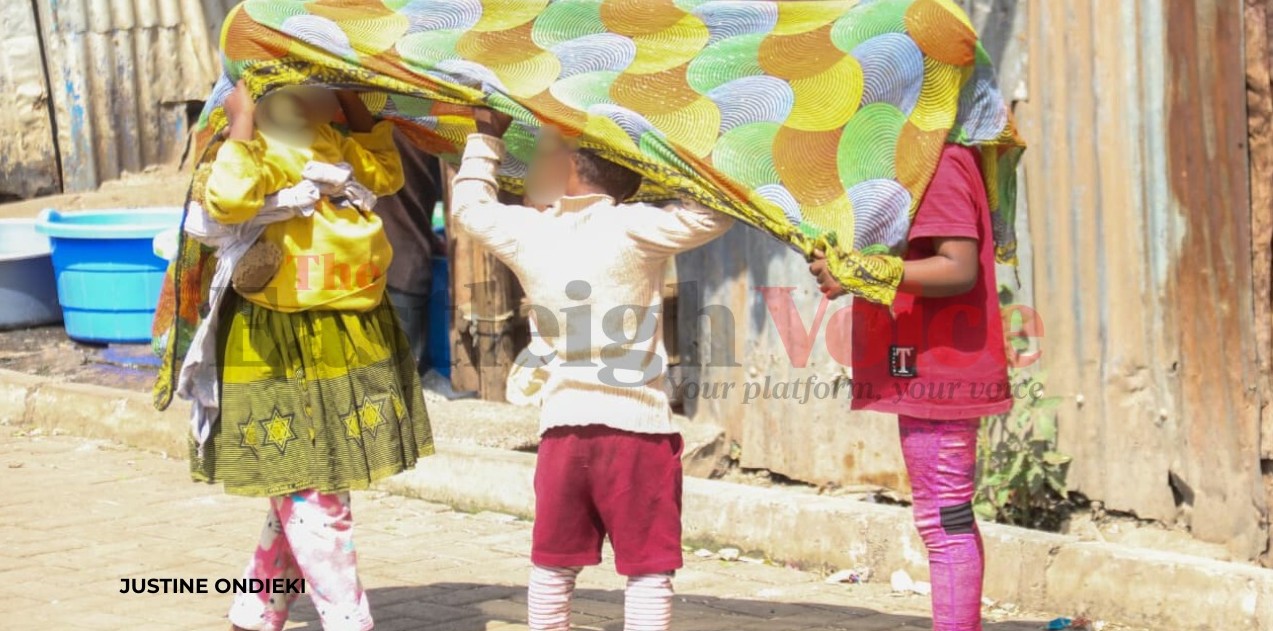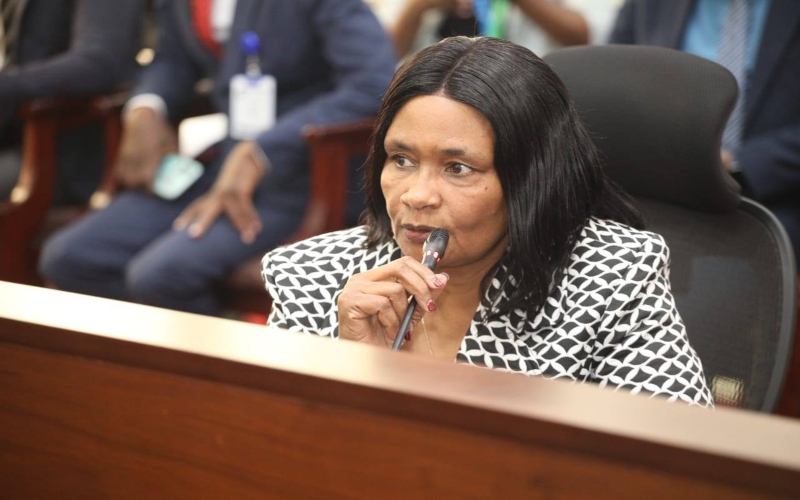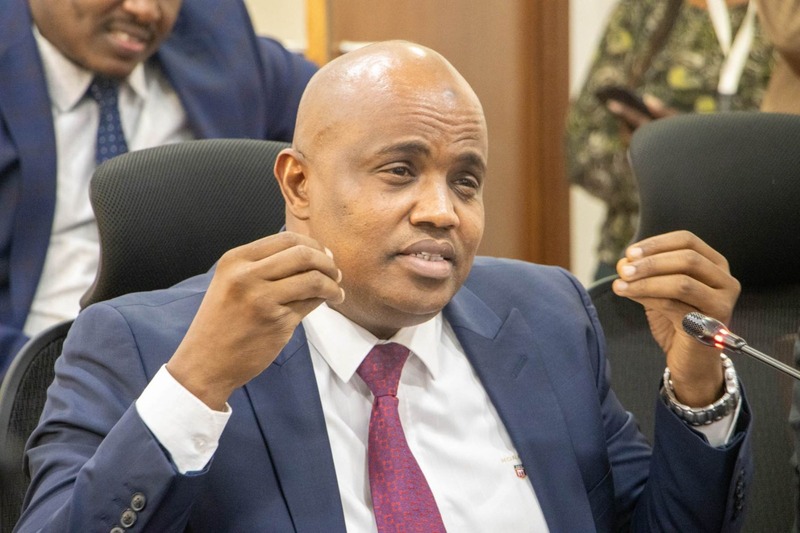Shifting tide as Kenyan men defy tradition, unite in fight against FGM
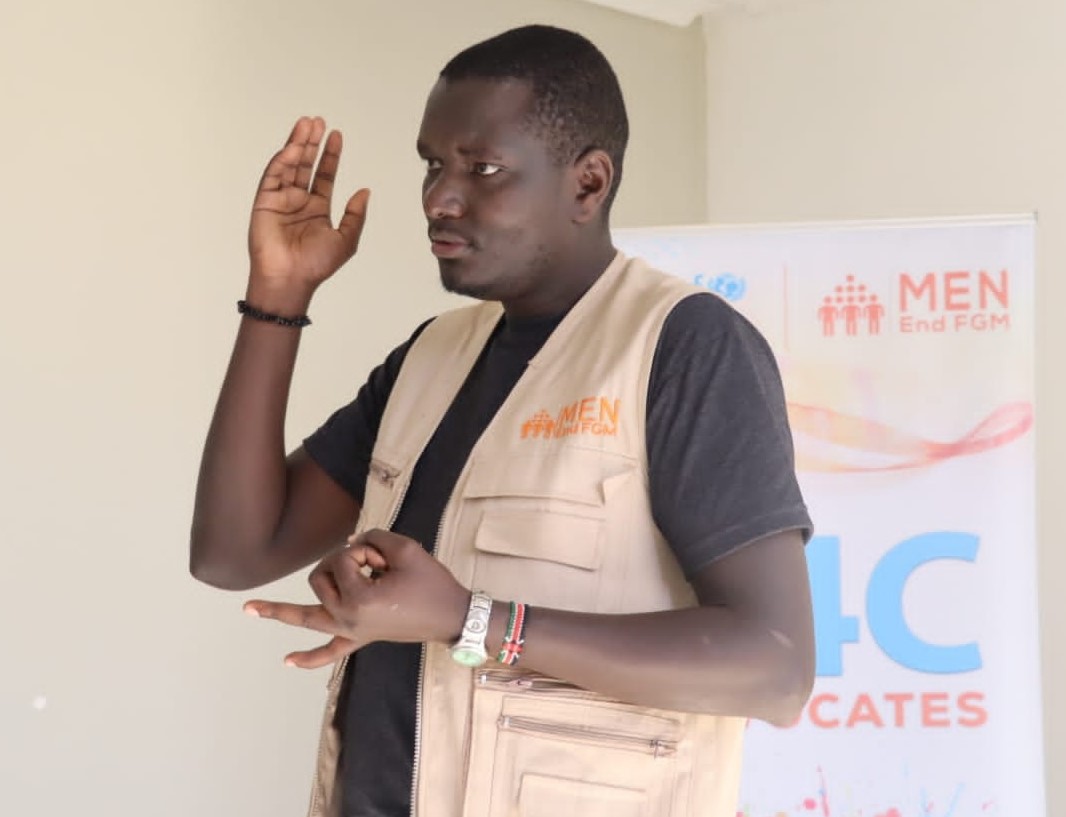
A UNFPA-UNICEF study shows 89 per cent of boys and men, along with 92 per cent of girls and women, oppose FGM.
As the world observed the International Day of Zero Tolerance for Female Genital Mutilation (FGM) on Wednesday, the focus turned to the survivors and activists tirelessly working to eradicate the practice.
In Kenya, where FGM prevalence stands at 15 per cent among women aged 15 to 49, the government, has reinforced its commitment to eliminating FGM, emphasising its retrogressive nature and the dangers it poses to the health of young girls.
More To Read
- Maasai community leads change as elders endorse fight against FGM and early marriage
- Stakeholders warn of increased FGM cases in Wajir during long school holiday
- Gender CS Cheptumo calls for collective action against teenage pregnancies
- From silence to strength: The Kenyan women ending FGM and early marriages
- Nowhere to run: How girls escaping harm still find themselves in unsafe spaces
- Male circumcision is made easier by a clever South African invention - we trained healthcare workers to use it
Survivors, like Yasmin Mohammed, recount the traumatic experiences they endured. Yasmin's nuptial night turned into a painful ordeal due to FGM, causing excessive bleeding and tearing. Her story sheds light on the long-lasting impact of this cultural practice, which often leaves physical and emotional scars.
Yurub Abdullahi, a 23-year-old university student, vividly recalls her abduction and mutilation experience. Abdullahi vividly remembers the dark room, the razor blade, and the excruciating pain she endured during and after the procedure. Abdullahi's story emphasises the need for a global effort to end FGM and support survivors in their healing process.
FGM remains a global issue affecting over 200 million girls and women across 30 countries in Africa, the Middle East, and Asia. The repercussions of FGM are severe, ranging from health complications such as severe bleeding to complications during childbirth.
The fight against FGM is not solely the responsibility of women; men play a crucial role in this battle. According to a 2020 study by the UNFPA-UNICEF joint programme on the elimination of FGM, 89 per cent of boys and men, along with 92 per cent of girls and women, oppose FGM.
Collective awareness
This indicates a collective awareness of the need to eradicate this harmful practice.
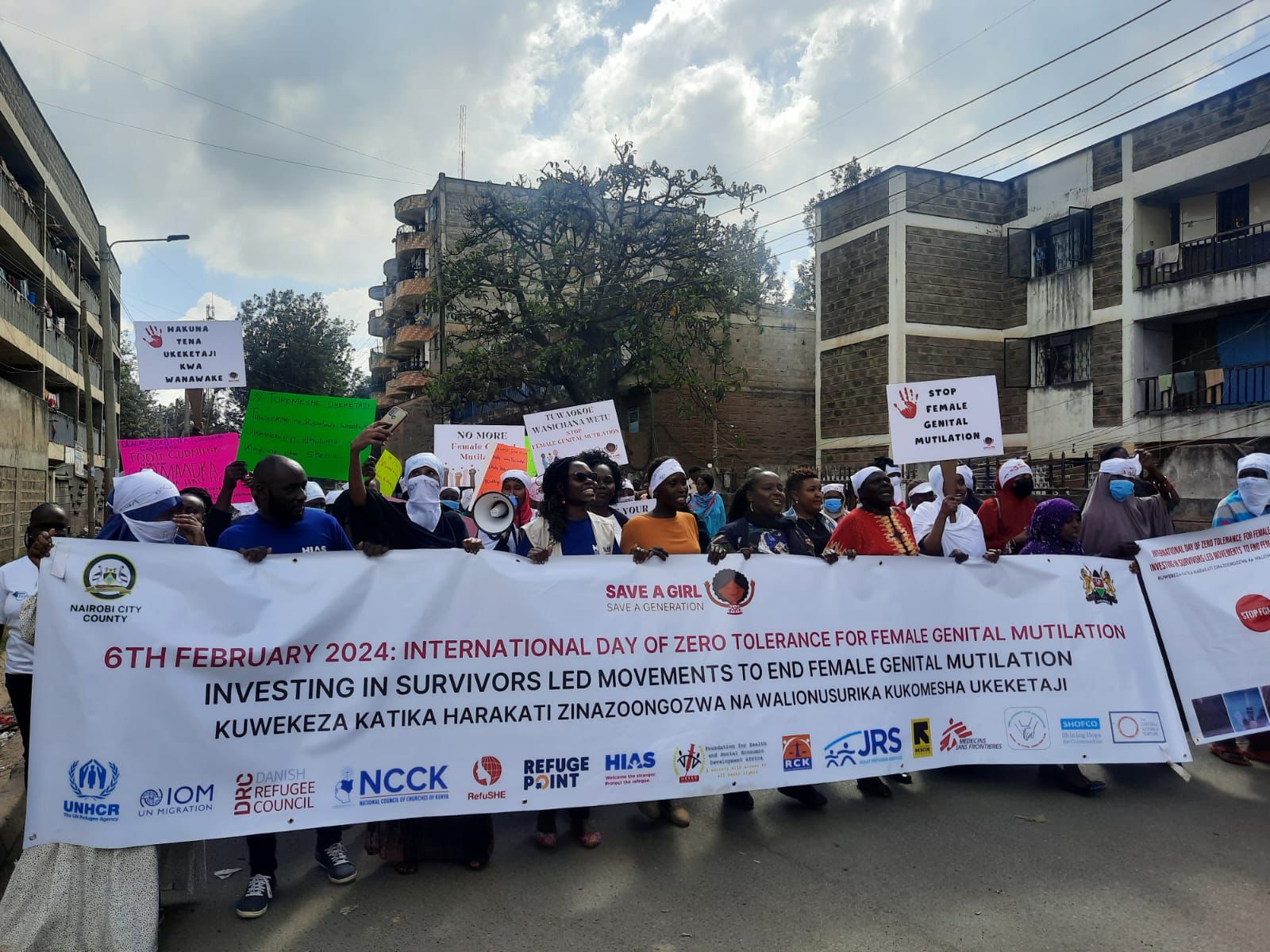 Women stage a march in Eastleigh to denounce FGM. (Amin Abdullahi)
Women stage a march in Eastleigh to denounce FGM. (Amin Abdullahi)
Tony Mwebia, an activist and the founder of MenEndFGM shares his journey in fighting against FGM.
Mwebia, previously engaged in sensitising urban refugees about compliance with the law, stumbled upon the issue of FGM. His organisation, MenEndFGM, operates with male champions in 11 counties and has reached over 50,000 direct beneficiaries through various activities, including messaging and in- and out-of-school initiatives.
Mwebia acknowledges the stigma surrounding men's engagement in the fight against FGM but emphasises its importance. In a society where gender equality is a crucial conversation, excluding men from the fight against FGM is akin to treating symptoms without addressing the underlying disease.
He initiated a hashtag challenging the existing narrative, paving the way for open discussions about men's roles in the eradication of FGM.
The establishment of MenEndFGM highlights the deeply rooted stigma against men speaking out about women's private issues that Mwebia faced. Nevertheless, his organisation has successfully garnered support from 11 male champions across the country, challenging societal norms and making strides towards ending FGM.
"The population in Kenya is almost 50-50 in terms of men and women, so if we are having the conversation on gender equality and ending FGM, the other gender must be involved. By not involving men in the fight against FGM, it is like a doctor treating symptoms of a disease and ignoring the disease," emphasises Mwebia.
Male participation in the fight against FGM is not just about challenging cultural norms; it is about reshaping societal structures and breaking down barriers that perpetuate harmful practices. Although progress has been made, it is crucial to recognise that there is still more work to be done to fully integrate men into this fight.
MenEndFGM's success in engaging men as champions against FGM serves as a model for other organisations and individuals looking to make a meaningful impact as the fight against the vice requires a united front, with both men and women actively participating to create a society free from this harmful and outdated practice.
Top Stories Today

